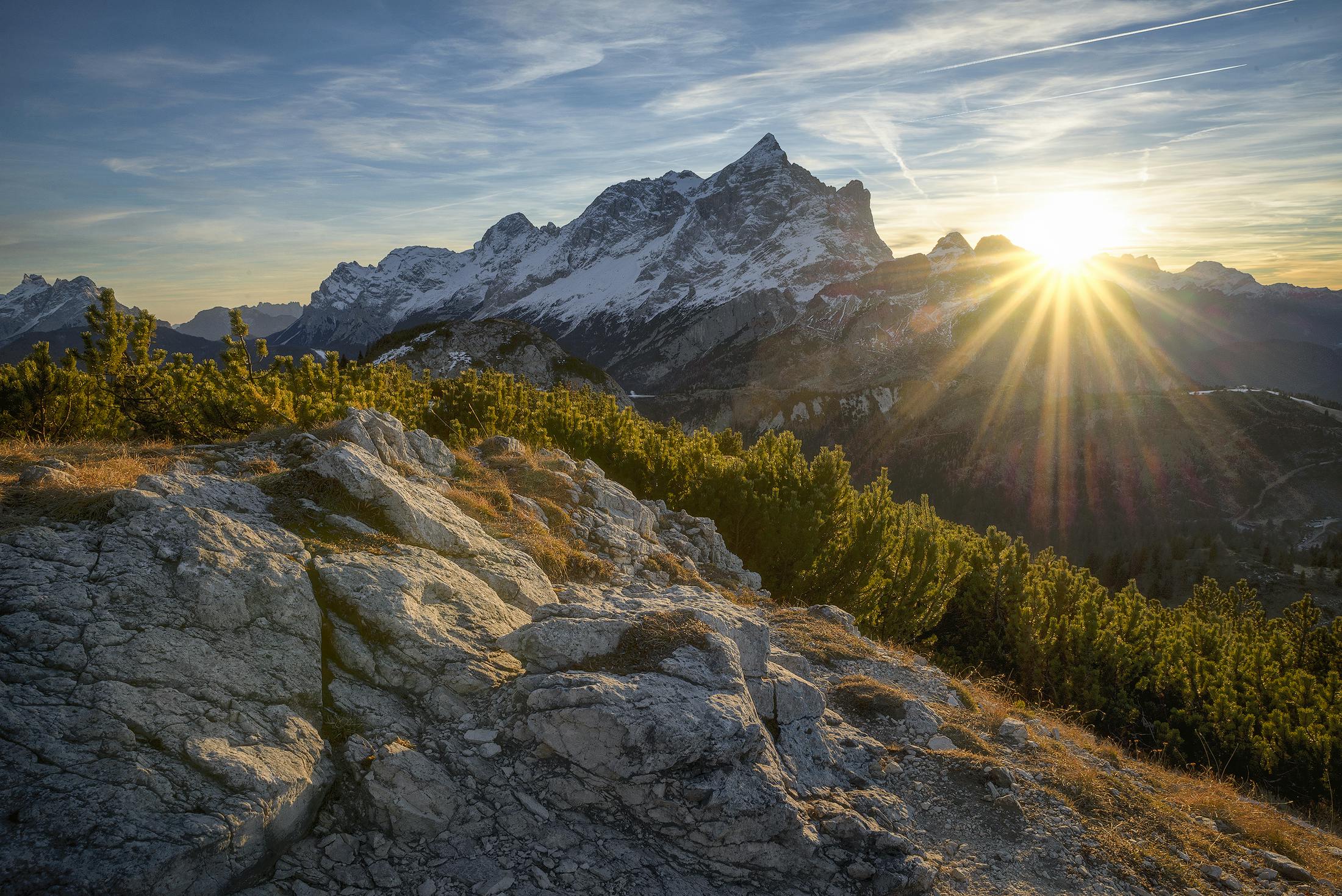Uttar Pradesh: A Journey Through History
Uttar Pradesh, India's most populous state, has been at the center of India’s historical, cultural, and political evolution. From **ancient civilizations like Vedic culture and Mauryan rule to the grand Mughal era and British colonial period**, Uttar Pradesh has shaped India's history like no other state.
In this article, we will explore:
- Ancient Uttar Pradesh and its early civilizations
- The Mauryan and Gupta Empires
- The influence of Mughal rule
- British rule and the freedom struggle
- Modern Uttar Pradesh and its cultural heritage
1. Ancient Uttar Pradesh: The Birthplace of Civilization
Uttar Pradesh has been home to some of the world's earliest civilizations. **The Vedic Civilization**, which laid the foundation of Hindu culture, flourished along the banks of the **Ganga and Yamuna rivers**.
Key Highlights of Ancient Uttar Pradesh:
- **Ayodhya:** The legendary birthplace of Lord Rama, mentioned in the Ramayana.
- **Varanasi:** The world’s oldest continuously inhabited city and a spiritual hub.
- **Hastinapur:** The capital of the Kuru dynasty, associated with the Mahabharata.
2. The Mauryan and Gupta Empires

Image Source: Pexels
During the **Mauryan period (321–185 BCE)**, Uttar Pradesh became an important center of governance and religion. **Emperor Ashoka** promoted Buddhism and built many stupas across the region.
Key Developments:
- **Sarnath:** The site where Gautama Buddha gave his first sermon.
- **Pataliputra Influence:** Although in modern Bihar, Pataliputra's rule extended into Uttar Pradesh.
- **Gupta Empire (4th–6th Century CE):** Kanauj became an important cultural and political center.
3. The Mughal Era (16th–18th Century)

Image Source: Unsplash
The **Mughal Empire**, which ruled most of India, made **Agra, Fatehpur Sikri, and Lucknow** major administrative and cultural centers.
Key Contributions of the Mughal Rule:
- **Taj Mahal:** Built by **Shah Jahan** in Agra, one of the world's wonders.
- **Fatehpur Sikri:** A short-lived Mughal capital built by Akbar.
- **Awadh (Lucknow):** A center of Mughal and Nawabi culture.
4. British Rule and the Freedom Struggle

Image Source: Pexels
During **British rule**, Uttar Pradesh (then called the United Provinces) became the center of political resistance.
Major Events:
- **Revolt of 1857 (First War of Independence):** Started in Meerut and spread to Kanpur and Lucknow.
- **Role of Freedom Fighters:** Leaders like **Mangal Pandey, Chandra Shekhar Azad, and Motilal Nehru** led movements against British rule.
- **Formation of United Provinces (1902):** The region was named the United Provinces of Agra and Oudh.
5. Post-Independence and Modern Uttar Pradesh

Image Source: Pexels
After independence in **1947**, Uttar Pradesh became **a political and economic powerhouse**. It has given India several **Prime Ministers**, including **Jawaharlal Nehru, Indira Gandhi, and Narendra Modi**.
Key Features of Modern Uttar Pradesh:
- **Religious and Cultural Hub:** Home to **Kumbh Mela, Mathura, Vrindavan, and Ayodhya**.
- **Economic Growth:** Noida and Lucknow have emerged as major IT and business hubs.
- **Education and Research:** Institutes like IIT Kanpur, BHU, and AMU are world-renowned.
Conclusion
Uttar Pradesh’s history is a reflection of **India’s evolution** – from **ancient Hindu civilization to Buddhist enlightenment, Mughal grandeur, and British colonialism**. Today, it remains a significant political, economic, and cultural hub of India.
What do you think about Uttar Pradesh’s history? Share your thoughts in the comments!






0 Comments: